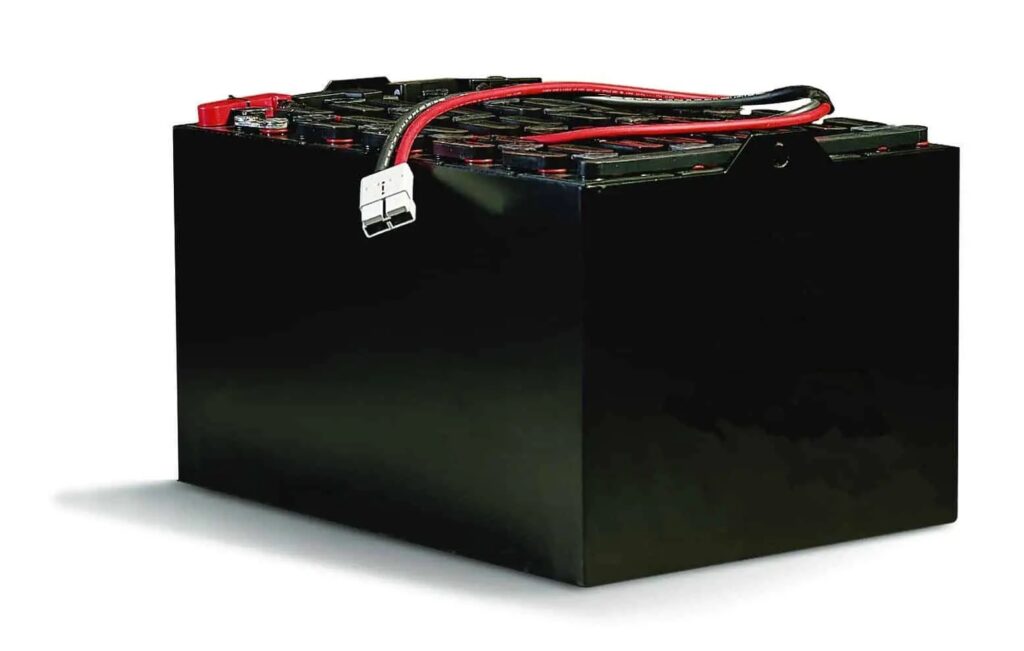If lead-acid batteries are not used for a long time, they can experience several issues that can affect their performance and lifespan.
- Sulfation: When a lead-acid battery is not used for an extended period, the lead sulfate crystals that form on the battery plates during discharge can harden and become difficult to remove during charging. This process is known as sulfation and can reduce the battery’s capacity and lifespan.
- Self-Discharge: Lead-acid batteries have a natural self-discharge rate, which means that they lose their charge over time, even when not in use. If a battery is left unused for an extended period, it can discharge to the point where it may not be able to be recharged.
- Corrosion: If a lead-acid battery is not used for a long time, the electrolyte can evaporate, leaving the battery plates exposed to the air. This can lead to corrosion of the battery plates and reduce the battery’s performance.
- Freezing: If a lead-acid battery is left unused in a cold environment, the electrolyte can freeze, which can cause the battery case to crack and leak.
To prevent these issues, it is important to store lead-acid batteries properly when they are not in use. This includes keeping them in a cool, dry place, checking and topping up the electrolyte level regularly, and charging the battery periodically to prevent sulfation and self-discharge. If a lead-acid battery has been left unused for an extended period, it may need to be reconditioned or replaced to restore its performance.


